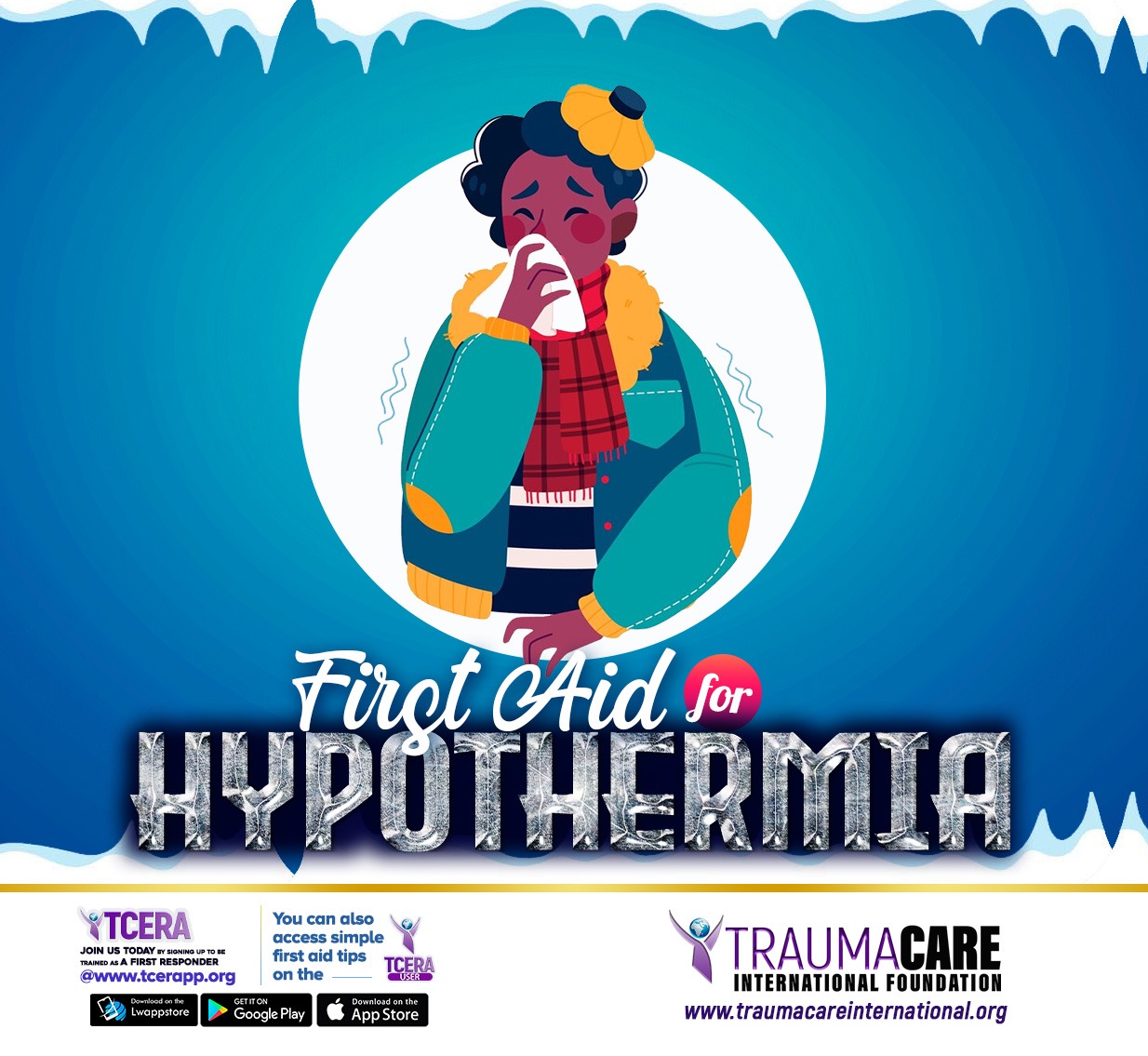Hypothermia is a serious medical emergency that occurs when the body loses heat faster than it can produce it, causing the core body temperature to drop below the normal range (95°F or 35°C).
Causes of Hypothermia
1. Cold exposure
2. Wet clothing
3. Wind chill
4. Exhaustion
5. Dehydration
6. Alcohol and drug use
7. Age and health factors
8. Trauma or immobility
Stages and Symptoms of Hypothermia
Hypothermia is a silent threat and understanding the stages of hypothermia is crucial for recognizing and responding to the potential threat it imposes.
1. Mild Hypothermia: it occurs when the body’s core temperature drops to between 90-95°F (32-35°C). At this stage, the body’s defenses are still working to maintain a stable temperature, but the person may experience shivers, numbness, constricted blood vessels, hunger, increased blood pressure, faster heart rate, frequent urination, and confusion.
2. Moderate Hypothermia: It occurs when the body’s core temperature drops to between 82-90°F (28-32°C). At this stage, the body’s ability to regulate temperature becomes increasingly compromised, shivering may stop, the person may appear clumsy, with enlarged and less responsive pupils, slowed heart rate, slowed breathing rate, low blood pressure, and their speech and decision-making abilities may be impaired.
3. Severe Hypothermia: it occurs when the body’s core temperature drops below 82°F (28°C). At this stage, the person may lose consciousness, their pulse and breathing may become slow, their skin may appear pale or blue, with continued decline in blood flow to the brain, congestion in lungs, which may lead to organ failure and death.
First Aid Measures
The first aid treatment required depends on the degree of hypothermia, but the goal is to make the person warmer.
1. Call 112 or 767 for help or use the Tcera user app to request for a trained first responder.
Download the tcera app:
For Android Users: https://bit.ly/tceraAndroid
For IOS Users: https://bit.ly/tcera-IOS
1. Move the person to a warmer place to raise their temperature.
2. Remove wet clothing to prevent lowering the body temperature and replace it with warm, dry blankets or coats.
3. Monitor breathing and if loss of consciousness is noted, perform CPR if you are trained to do so.
4. Offer warm liquids but not alcohol or caffeine as they can hinder the body’s ability to retain heat.
5. Seek medical help even if the person starts to feel better. It is important to seek medical assistance because hypothermia can have a lasting effect on the body, and professional medical care is crucial for full recovery.
Hypothermia is a silent threat, but armed with knowledge, we can protect ourselves and others from its potentially devastating effects. Stay informed and be prepared to respond effectively to the stages of hypothermia.
For more information.
Call: 0808 678 3416 or 08089267337
Email: [email protected],[email protected]
Download the TCERA user app today.
https://bit.ly/tceraAndroid
https://bit.ly/tcera-IOS





What do you think?
0 Responses
To Comment, you must Sign In
Be the First to Post on this Topic